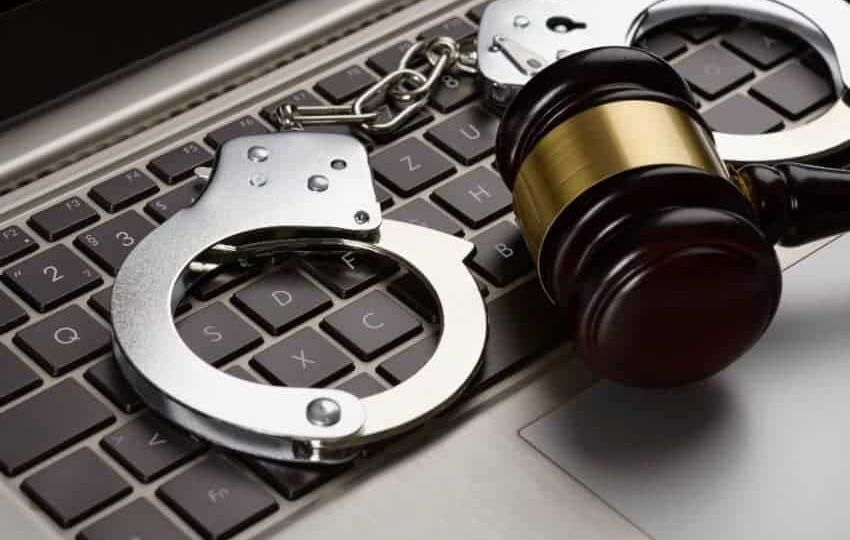
In today’s digital age, where online platforms have become an integral part of our lives, the issue of cyber libel has gained significant attention. With the rapid growth of social media and online communication, it has become easier for individuals to express their thoughts and opinions publicly. However, this freedom comes with responsibilities, including the need to understand and abide by the laws that govern online behavior. One such law that plays a crucial role in maintaining accountability and protecting one’s reputation is the Cyber Libel Law.
What is Cyber Libel?
Cyber libel refers to the act of committing libel through online platforms, including social media, websites, blogs, forums, and other digital channels. Libel, in general, involves making false and defamatory statements about someone that harm their reputation and expose them to public contempt or ridicule. Cyber libel encompasses the same concept but applies it to the digital realm.
What are the elements of Cyber Libel?
To be liable for libel, the following elements must be shown to exist: (a) the allegation of a discreditable act or condition concerning another (defamatory imputation); (b) publication of the charge; (c) identity of the person defamed; and (d) malice.[1]
How to determine whether the statement is defamatory?
To determine whether a statement is defamatory, the words used are to be construed in its entirety and should be taken in their plain, natural and ordinary meaning as they would be understood by the persons reading them, unless they were used and understood in another sense.[2]
How are identity, publication, and malice satisfied?
To satisfy the requirement of identity, it must be shown that at least a stranger was able to identify him as the object of the defamatory statement. In simple words, it must be made sure that the person was the one alluded to in the statement. On the other hand, the requirement of publication is satisfied if the written material was communicated to a third person. It is not required that the person read or learned of the libelous statement; what is important is a third party read and learned of the same.[3] Finally, malice must be present. It must be noted that malice is presumed if no good intention and justifiable motive for making it is shown.
Who are liable for cyber libel?
According to the Supreme Court, persons liable for cyber libel include:
- Primary Publishers: These are individuals who make an original post or article containing defamatory statements online. They are the authors or originators of the libelous content.
- Secondary Publishers: These are individuals who republish or redistribute the defamatory statements made by the primary publishers. They may share, comment on, or disseminate the libelous content through social media platforms, blogs, or other online channels.
The court clarified that the liability of secondary publishers depends on their knowledge or intent. If they have knowledge of the defamatory content and intentionally participate in its publication, they may be held liable for cyber libel. However, mere sharing or reacting to a post without knowledge of its defamatory nature may not incur liability.[4]
What is the penalty for cyber libel?
Cybercrime Prevention Act of 2012 punishes the crime of cyber libel as follows:
“Section 6. All crimes defined and penalized by the Revised Penal Code, as amended, and special laws, if committed by, through and with the use of information and communications technologies shall be covered by the relevant provisions of this Act: Provided, That the penalty to be imposed shall be one (1) degree higher than that provided for by the Revised Penal Code, as amended, and special laws, as the case may be.”
Since the crime of traditional libel is punished under the Revised Penal Code, and under the Cyber Crime Prevention Act, if the crime is cyber libel, “the penalty to be imposed shall be one (1) degree higher than that provided for by the Revised Penal Code, as amended”, the penalty imposed would be Prision Correccional in its maximum period to Prision Mayor in its minimum period.
Prision Correccional in its maximum period involve imprisonment from 4 years, 2 months and 1 day to 6 years. On the other hand, Prision Mayor in its minimum period involve imprisonment 6 years and 1 day to 8 years.
Thus, the penalty for cyber libel, based on the penalty under the Revised Penal Code for traditional libel, and computed under Section 6 of the Cybercrime Prevention Act of 2012, which increased the penalty by one (1) degree higher, is 2 year, 4 months and 1 day to 8 years.
[1]Brilliante v. Court of Appeals, G.R. Nos. 118757 & 121571 October 19, 2004
[2] Novio v. Aggabao, G.R. No. 141332, December 11, 2003
[3] Vasquez v. Court of Appeals, G.R. No. 118971, September 15, 1999
[4]Disini v. Secretary of Justice, G.R. 203335, 11 February 2014


